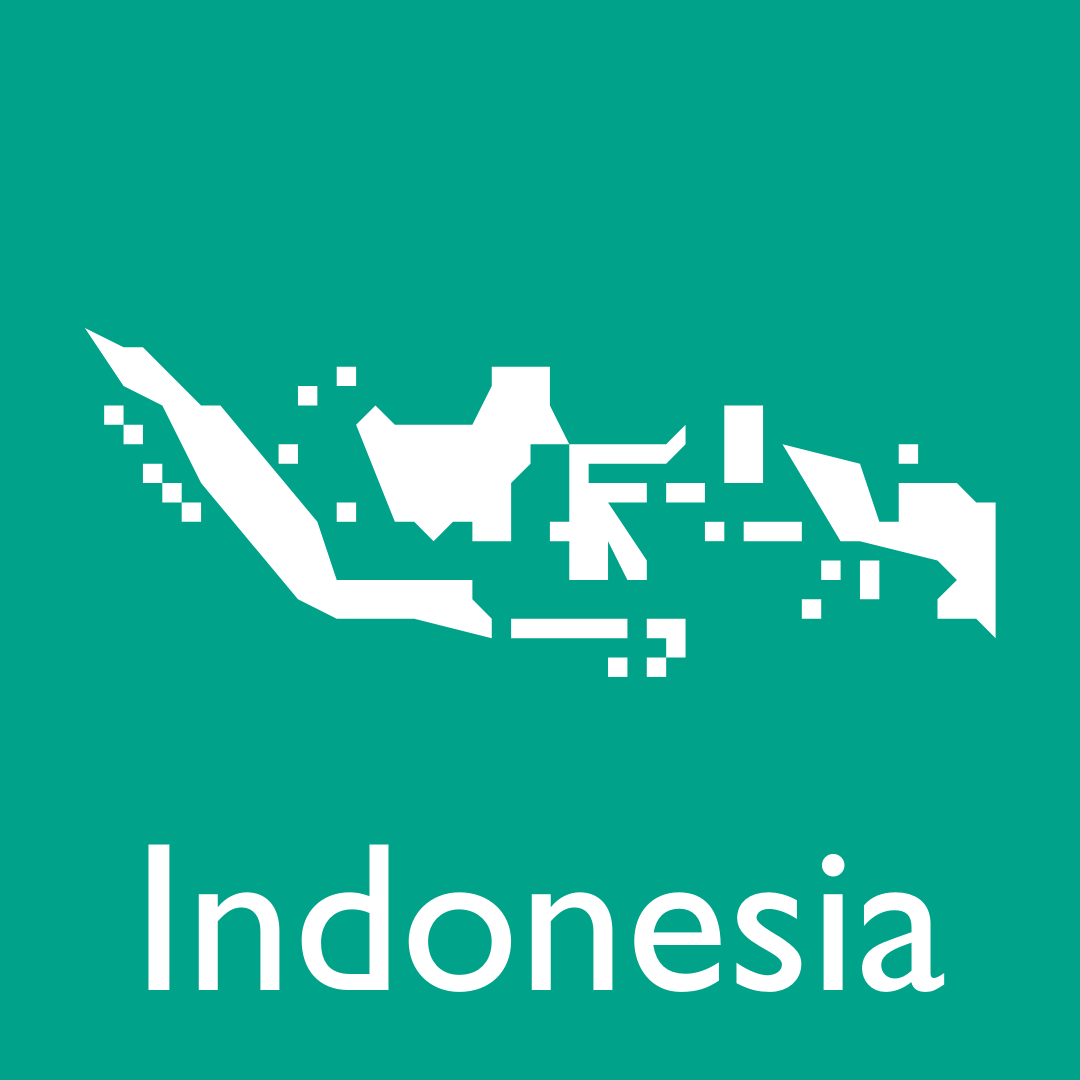
Where we work
Since 1981, Peace Brigades International has worked in 11 countries and on four continents.
At the request of local organisations, our teams of volunteers provide protective accompaniment to human rights defenders threatened with violence.
Project work centres on:
Protective accompaniment
Building support networks
Raising the profile of those we accompany
Political analysis and spreading information about the situation on the ground
Peace building/education
In Colombia, PBI has 17-19 volunteers in three sub-teams protecting NGOs, individuals and communities in Barrancabermeja and the Magadalena Medio, Bogotá, Urabá, Antioquia, Valle del Cauca, Cauca, Casanare, Arauca and Sucre among other regions.
The teams operate as observers, accompanying people or organisations under threat, making regular visits to conflict zones, distributing information about the evolution of the conflict, carrying out advocacy, lobbying and public relations work with representatives of the international community as well as with civil and military authorities, and campaigning for international support.
Since 2015, PBI has kept two regional teams in northern and southern Mexico, as well as a coordinating office in Mexico City. PBI currently accompanies defenders and organisations in the states of Chihuahua, Coahuila, Guerrero and Oaxaca, and in Mexico City.
10 volunteers protect human rights organisations, focusing on impunity, upholding indigenous rights and environmental protection.
PBI first operated a project in Guatemala from 1983-1999, which closed following the Peace Accords. Unfortunately, the human rights situation soon began again to deteriorate, and local organisations asked PBI to return.
The current project opened in 2003. PBI now accompanies around 10 organisations nationwide with 10 international volunteers based in Guatemala City protecting organisations working on land rights and impunity.
PBI launched its first ever field programme in Africa, in Kenya, in 2012 in response to the many risks and challenges Kenyan defenders face when carrying out their work.
This involves supporting recently established Social Justice Centres in Nairobi, who work on combatting extra-judicial executions and gender-based violence.
In October 2013 the first two field volunteers arrived in Tegucigalpa, in time to provide international observation during the Presidential and General elections the following month.
We then published a report on the situation for human rights defenders in Honduras and developed a new protective accompaniment project in the country. PBI Honduras provides protective accompaniment to 5 local organisations, including those defending indigenous, land and LGBTQI+ rights.
Following extended discussions with civil society organizations and other stakeholders, PBI began a new Indonesia Project in 2014. The project aims to promote human rights in Indonesia through strengthening the capacities of human rights defenders in remote areas, with a focus on their ability to document human rights abuses, advocate to the Indonesian government and internationally, and build their personal security and protection networks.
PBI currently collaborates with ELSAM (Institute of Policy Research and Advocacy) to conduct extended trainings for human rights defenders, who are strengthening their skills through a combination of classroom activities, building advocacy and protection networks at the national level, and conducting field research.
After receiving requests from civil society organizations following the political crisis which began in Nicaragua in April 2018, PBI began an exploratory process in the region. During this process, we observed that, due to the political repression they faced, a large number of Nicaraguans had fled the country, many of them – around 80,000 to date – requesting refugee status in neighboring Costa Rica.
In order to respond to this context and the needs expressed by local organizations, in 2020 PBI launched a new accompaniment project in Costa Rica focused on providing support to exiled Nicaraguan human rights defenders and social movements.
PBI opened its Nepal Project in 2006. Despite the signing of peace accords in the same year, and democratic elections in 2008, Nepal is still experiencing political violence, instability, poverty, inequality and economic and energy crises. After 7 years of operation, PBI decided to close its field office in 2014.
During it's years of operation, PBI Nepal developed NepalMonitor.org, a tool for the protection of human rights defenders which maps and forwards human rights and security reports to human rights defenders located close to where the incidents happen, and allows them to submit reports through e-mail and text message. The NepalMonitor tool maps and forwards human rights and security reports to human rights defenders located close to where the incidents happen, and allows them to submit reports through e-mail and text message.








